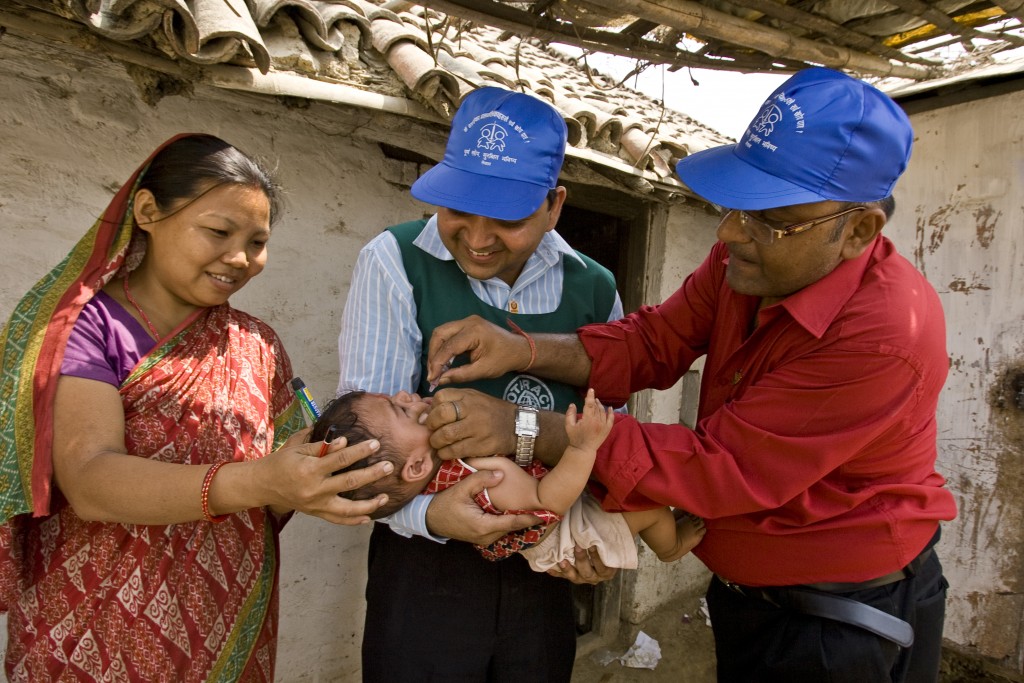PolioPlus - End Polio Now
PolioPlus is a Rotary International initiative that plans to eradicate polio from the world.
Rotary launched its PolioPlus program, the first initiative to tackle global polio eradication, in 1985. Since then, Rotary and its partners have helped reduce the number of annual cases from 350,000 to fewer than 250, which is a 99% reduction since the 1980s. We remain committed until every child is safe from the disease. Rotary has contributed more than US$1.2 billion and countless volunteer hours to protect more than 2 billion children in 122 countries. In addition, Rotary’s advocacy efforts have played a role in decisions by donor governments to contribute over $9 billion to the effort.
Today, there are only two countries that have never stopped transmission of the wild poliovirus: Afghanistan and Pakistan. If we don't stay the course, experts say polio could rebound to 10 million cases in the next 40 years. It's been over three years since we've seen Type 3 wild polio in the world, which means that this particular strain has most likely disappeared forever.
More than one million Rotary members have donated their time and personal resources to end polio. Every year, hundreds of Rotary members work side-by-side with health workers to vaccinate children in polio-affected countries. Rotarians work with partners like UNICEF to prepare and distribute mass communication tools to share the message with those isolated by conflict, geography, or poverty. Rotary members also recruit fellow volunteers, assist with transporting the vaccine, and provide other logistical support.
Facts about Polio
Polio can cause paralysis and sometimes death. Because there is no cure for polio, the best protection is prevention. In the most severe cases, polio attacks the motor neurons of the brain stem, causing breathing difficulty or even death. It can cause paralysis within hours, and polio paralysis is almost always irreversible.
Historically, polio has been the world’s greatest cause of disability. If polio isn’t eradicated, the world will continue to live under the threat of the disease.



